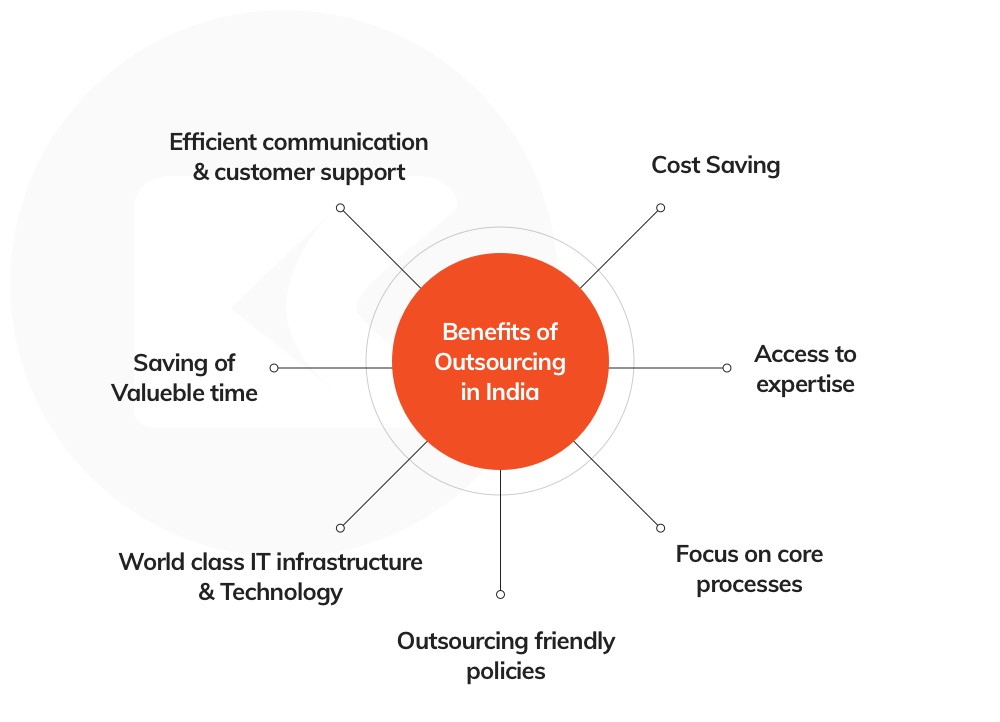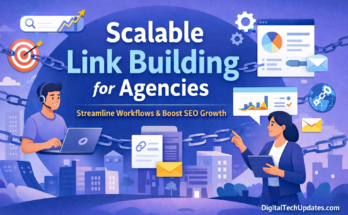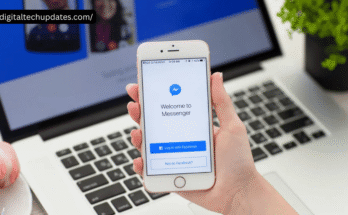In today’s fast-paced business environment, companies are constantly seeking ways to maximize efficiency, reduce costs, and access specialized expertise. Outsourcing marketing services has become a strategic choice for businesses of all sizes, allowing them to focus on core operations while leveraging professional marketing support.
This article explores the advantages of outsourcing marketing services, how it benefits businesses, and why it is becoming a preferred strategy in 2025 and beyond.
Why Businesses Choose to Outsource Marketing Services
Outsourcing marketing isn’t just a trend; it’s a response to evolving business challenges:
Rapid Digital Transformation – Businesses need expertise in digital marketing, social media, SEO, and content strategies to stay competitive.
Cost Efficiency – Hiring a full in-house marketing team can be expensive. Outsourcing provides access to professionals without high overhead costs.
Scalability – Outsourced marketing services can scale campaigns up or down based on business needs and market demand.
Focus on Core Operations – Companies can concentrate on their primary business activities while experts handle marketing strategies.
Top Advantages of Outsourcing Marketing Services
1. Access to Expertise and Advanced Tools
Outsourcing provides businesses with access to marketing specialists, designers, SEO experts, content creators, and social media managers who have experience in multiple industries. Agencies also have access to advanced marketing tools, analytics software, and automation platforms, ensuring high-quality results.
2. Cost Savings
Maintaining a full in-house team is expensive due to salaries, training, and software costs. Outsourcing reduces overhead expenses, as companies pay for services based on projects or monthly retainers. This flexibility makes it ideal for startups and SMEs.
3. Improved Efficiency and Focus
Marketing agencies are focused solely on delivering measurable results. Businesses can benefit from their expertise while dedicating internal resources to operations, product development, and customer service.
4. Scalability and Flexibility
Outsourcing allows businesses to adjust marketing efforts based on seasonal demand or campaign needs. Whether launching a new product or entering a new market, outsourced teams can adapt quickly without long-term commitments.
5. Faster Access to Market Insights
Marketing agencies stay updated on the latest trends, tools, and competitor strategies. Outsourced teams can analyze market trends and consumer behavior quickly, helping businesses make data-driven decisions.
6. Diverse Perspectives and Creativity
External teams bring fresh ideas and diverse strategies that in-house teams might overlook. Agencies often work with multiple clients and industries, giving them a broader perspective on successful marketing tactics.
7. Risk Mitigation
Agencies are accountable for results, often providing guarantees or clear KPIs. Businesses can reduce the risk of failed campaigns and avoid costly mistakes by relying on experienced professionals.
How Outsourcing Marketing Services Impacts Business Growth
Enhanced Brand Visibility – With professional SEO, content marketing, and social media management, businesses reach their target audience more effectively.
Better ROI – Outsourced campaigns are often more cost-effective, delivering measurable results without unnecessary spending.
Faster Business Expansion – Businesses can enter new markets quickly with the support of specialized marketing teams.
Consistent Marketing Efforts – Outsourcing ensures that campaigns run consistently, avoiding gaps in content, ads, or social media activity.
Popular Marketing Services to Outsource
Digital Marketing Campaigns – SEO, PPC, content marketing, email marketing
Social Media Management – Strategy, posting, engagement, analytics
Content Creation – Blogs, articles, graphics, videos
Brand Strategy – Market research, competitor analysis, positioning
Marketing Analytics – Reporting, KPI tracking, conversion optimization
Outsourcing allows businesses to select specific services based on their needs, ensuring a tailored and cost-effective approach.
Considerations When Outsourcing Marketing Services
While outsourcing has many benefits, businesses should consider:
Choosing the Right Agency – Look for experience, proven results, and a good cultural fit.
Clear Communication – Define goals, KPIs, and reporting expectations from the start.
Integration With In-House Teams – Collaborate effectively to maintain brand voice and consistency.
Quality Control – Regularly monitor performance and provide feedback to ensure campaigns meet expectations.
Conclusion
Outsourcing marketing services is a strategic approach for businesses seeking cost efficiency, access to expertise, and faster growth. By leveraging specialized teams and advanced tools, companies can focus on their core operations while achieving measurable marketing results.
Whether for startups, SMEs, or large enterprises, outsourcing marketing services offers flexibility, scalability, and competitive advantage—making it an essential strategy in today’s digital-first economy.
FAQs
Q1. What are the main benefits of outsourcing marketing services?
Outsourcing marketing offers cost savings, access to experts, increased efficiency, scalability, and faster market insights.
Q2. Which marketing services are best to outsource?
Digital marketing, SEO, social media management, content creation, brand strategy, and analytics are commonly outsourced.
Q3. Is outsourcing marketing more cost-effective than hiring in-house?
Yes, outsourcing reduces overhead costs, salaries, and software expenses, offering flexible payment options.
Q4. How does outsourcing improve business growth?
It provides professional marketing expertise, enhances brand visibility, improves ROI, and allows faster market expansion.
Q5. How do I choose the right marketing agency to outsource?
Look for experience, proven results, clear communication, and compatibility with your business goals.
Q6. Can small businesses benefit from outsourcing marketing?
Absolutely. Outsourcing helps small businesses access expertise and tools they might not afford in-house, leveling the playing field.




